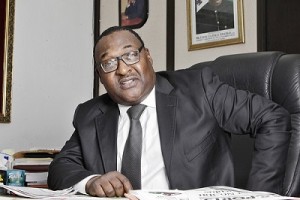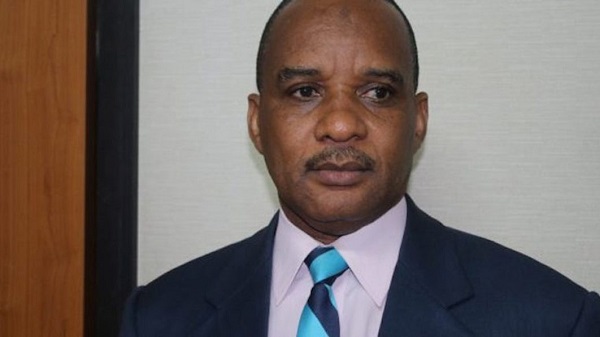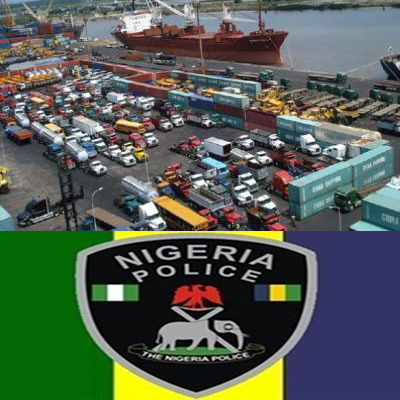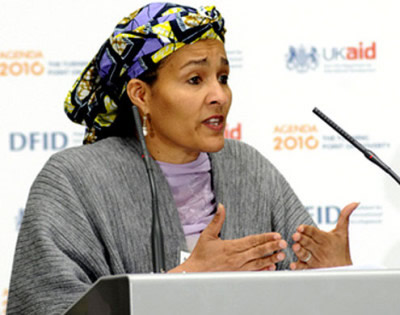Survey Shows Over 60% Ports Government Officials Request Facilitation Payments

The Nigerian Shippers’ Council (NSC) as the Economic Regulator for Nigerian Ports has described the outcome of the survey which shows that a large number of government officials request facilitation payments in the ports as the bane of corruption.
The Executive Secretary/Chief Executive Officer (CEO) of the NSC, Barr. Hassan Bello who was represented by the Director Consumer Affairs Ms. Azuka Ogo stated this during his opening address at a two-day workshop on: Best Practice Sharing And Integrity Training Workshop, organized by Maritime Anti-Corruption Network (MACN), United Nations Development Programme (UNDP), Independent Corrupt Practices Commission (ICPC) and the NSC, in Lagos yesterday.
According to him, “we appreciate the efforts of UNDP, TUGAR, ICPC and BPP who partnered with MACN to undertake a Corruption Risk Assessment (CRA) study in the Nigerian port sector, the survey shows that refusal to pay facilitation attract threats of delay and allegations of irregularities of documentation or operations and during the period of 2014 to 2015 there has not been any significant improvement in vessel waiting or ease of interacting with the authorities in the port system.”
Hassan further reiterated that the Council in its involvement to improve trade facilitation has introduced the Cargo Tracking Note (CTN) or Advanced Cargo Declaration, “A web based cargo verification solution facility designed to monitor shipment of sea borne cargo, allowing for real time generation of reports and various trading statistics on the cargo, vessel and shipper. We are also working at the establishment of a port operational tool within the Single Window System.”
In a separate address the Spokesperson of ICPC, Mrs. Rasheedat Okoduwa opined that Nigeria stands a good chance of dealing effectively with corruption if the government learns what works in other places and adopts that knowledge to our own socio-political realities since corruption is global and trans-border.
In her words, “corruption dramatically increases the cost of transporting goods by sea as small bribes and facilitation money are often deeply embedded in almost all transactions in the sector, while shipping companies may be exposed to different forms of corruption in various parts of the world, the point must be made that some of these companies are no saints themselves. Some are fraudulent and eager to compromise port officials.”
Okoduwa however, warned that the anti-corruption focus of the administration of President Muhammadu Buhari has made it clear that the fight against corruption is a top priority agenda of his government, adding that it is essential that officials in the public and private sectors align their behavior to this new imperative.
By Ifeoma Oguamanam








